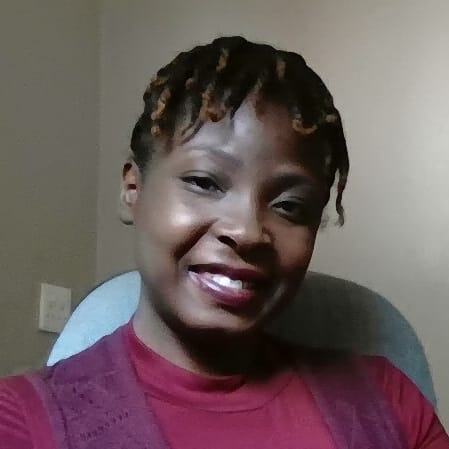Journal writing is one of those simple activities that offers tremendous benefits, especially for seniors. It’s an excellent, tried and tested way to express thoughts, preserve memories, capture memories, and keep the mind sharp. If you’ve never thought about journaling before, you might be surprised at just how helpful it can be. It’s something anyone can start at any age, and it’s an easy way to take care of someone’s emotional and mental well-being.
As we get older, everyone starts thinking more about the past. Years of stories, experiences, and memories that shape who we are, even though sometimes these memories fade with time. Writing them down in a journal is a great way to capture those moments before they slip away.
Remembering that funny story from childhood, a special trip, or even the smaller, everyday moments, and putting these things in writing makes them last forever. Not only will your journal become a treasure for you, but it will also be a way for future generations to get a glimpse into your life and the lessons you’ve learned along the way.
Why Journal Writing Matters for Seniors
Preserving precious memories Writing down life stories and special moments is a wonderful way to keep memories alive. It’s a chance to share experiences that can be passed down to children, grandchildren, and others in the family. By journaling, seniors leave behind a legacy of their life journey.
Cleaning the mind In an older person, thoughts and emotions sometimes become cluttered. Writing in a journal helps organize those thoughts, making it easier to process difficult feelings. Putting thoughts on paper helps clear the mind, reduces stress, and makes everything seem more manageable.
 Boosting emotional health Writing about things you’re grateful for or positive moments from the day can improve your mood. Journaling also gives you a safe space to express frustrations or worries. Getting those feelings out can help reduce anxiety and lift your spirits.
Boosting emotional health Writing about things you’re grateful for or positive moments from the day can improve your mood. Journaling also gives you a safe space to express frustrations or worries. Getting those feelings out can help reduce anxiety and lift your spirits.
Keeping the mind sharp Journaling helps keep the brain active and engaged, which is especially important as we get older. Regular writing strengthens memory, focus, and cognitive function, helping to slow down mental decline. The simple act of writing helps maintain mental sharpness and clarity.
The process of thinking through your day, recalling memories, and finding the right words to express your thoughts helps to engage your brain. It’s a gentle workout for your memory and your focus. Plus, it doesn’t take much time; a few minutes of writing each day can have lasting benefits.
Tips to Get Started
Start small A sentence or two a day is a good start. Focus on what feels right, not filling pages.
Keep it simple Use any notebook or paper you have on hand, don’t worry about fancy supplies.
Use prompts Stuck for ideas? Try simple prompts like “What made me smile today?” or “A favorite memory.”
Be creative Journaling doesn’t have to be all writing. Try drawing, making lists, or adding photos.
Make it a habit Set aside time each day for journaling, even if it’s just for 10 minutes.
If you’re caring for a senior, introduce journaling gently. Suggest it as a bonding activity, like writing gratitude lists together. Celebrate their efforts and let them journal at their own pace. There’s no wrong way to journal. But instead, just the simple act of putting pen to paper opens the door to self-expression and healing.
For seniors, it helps preserve memories and nurture mental health. If you have more questions about this topic or need a professional to check your elderly loved one’s mental acuity, there are many counselors in Frisco trained in counseling services for seniors. Give us a call today at Texas Christian Counseling in Frisco.
“Journal”, Courtesy of Joshua Hoehne, Unsplash.com, Unsplash+ License
- Grace Mavindidze: Author
Grace Mavindidze is an experienced Journalist of close to two decades and a certified SEO specialist writer who enjoys traveling, meeting people from a broad cultural spectrum, as well as engaging people in topics that are informative, entertaining,...
DISCLAIMER: THIS ARTICLE DOES NOT PROVIDE MEDICAL ADVICE
Articles are intended for informational purposes only and do not constitute medical advice; the content is not intended to be a substitute for professional medical advice, diagnosis, or treatment. All opinions expressed by authors and quoted sources are their own and do not necessarily reflect the opinions of the editors, publishers or editorial boards of Stone Oak Christian Counseling. This website does not recommend or endorse any specific tests, physicians, products, procedures, opinions, or other information that may be mentioned on the Site. Reliance on any information provided by this website is solely at your own risk.





